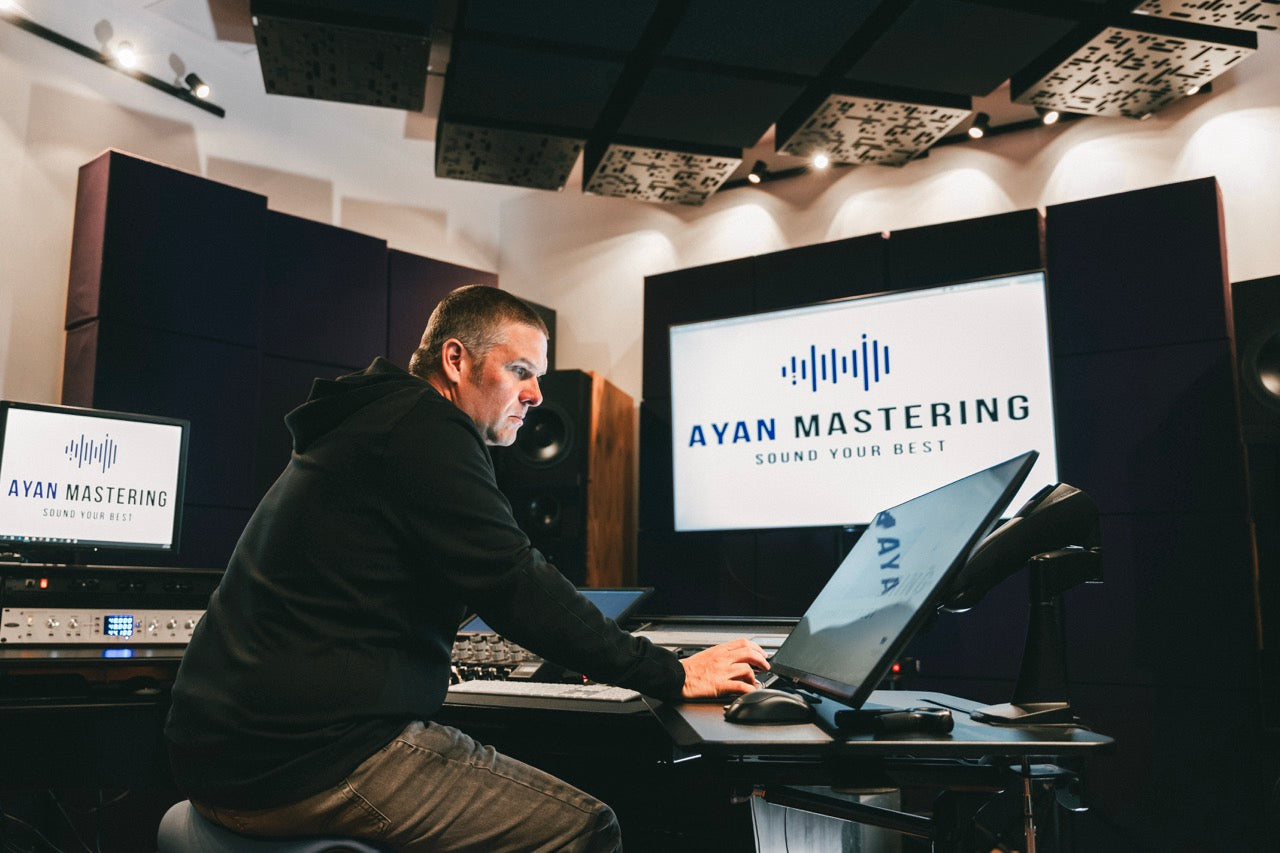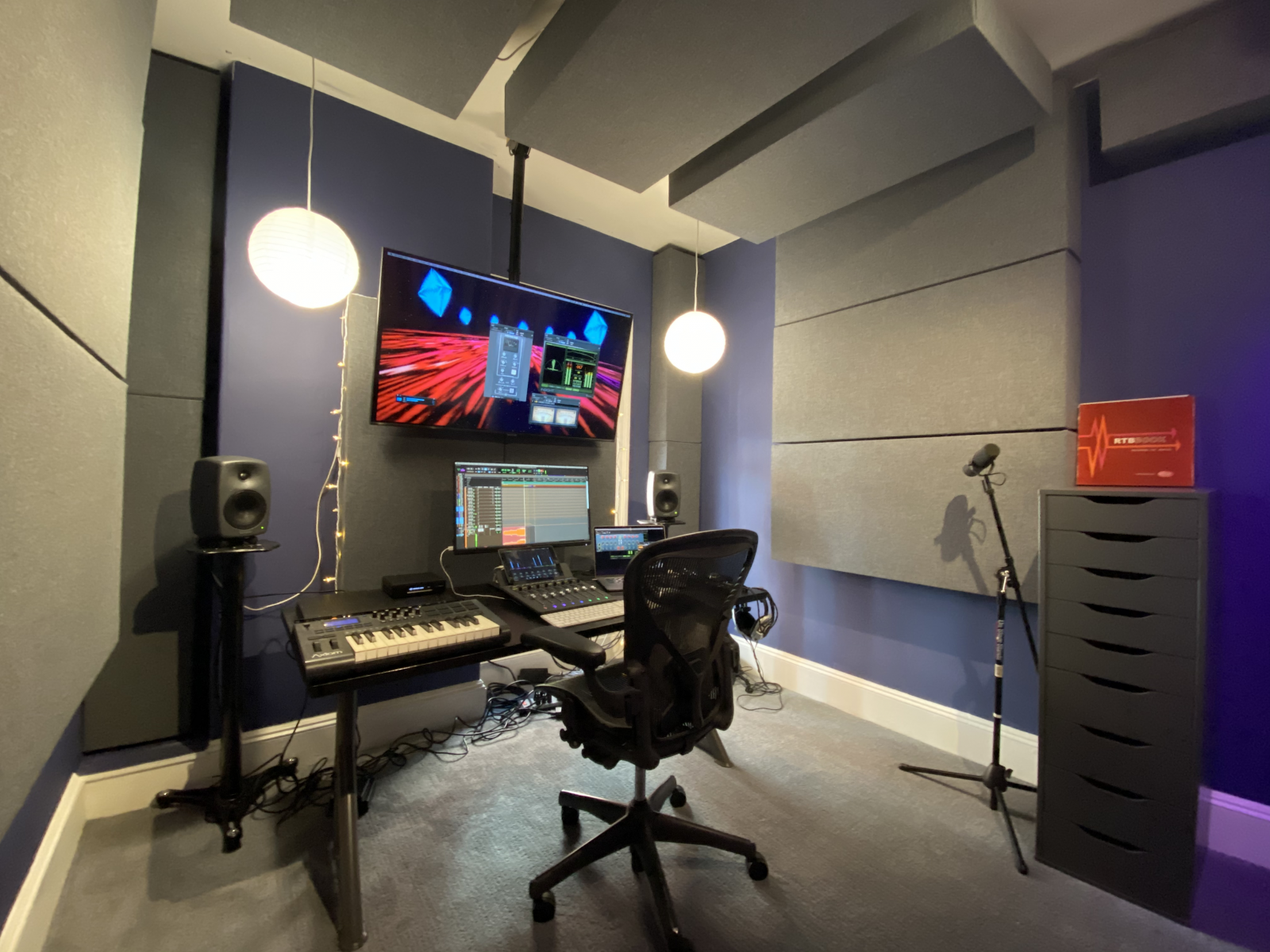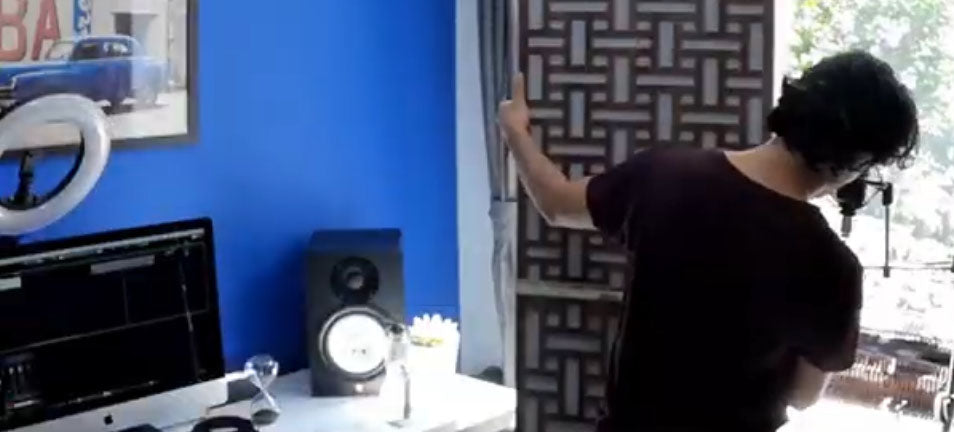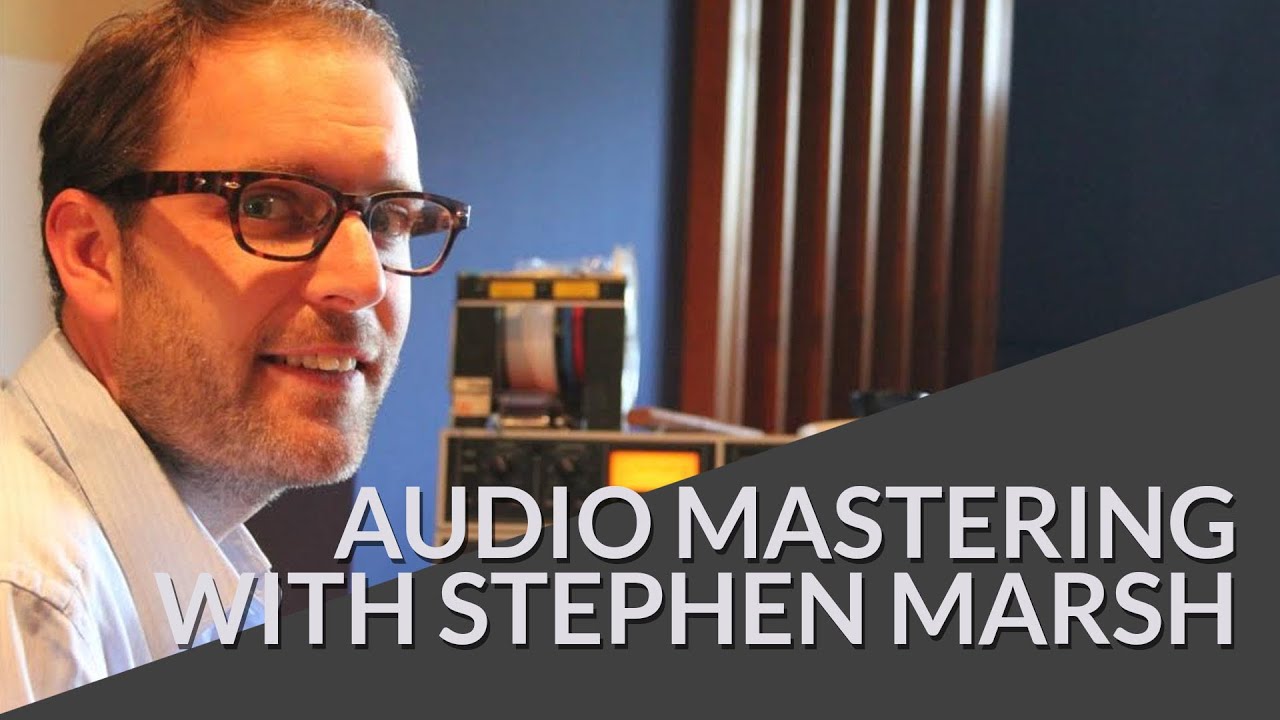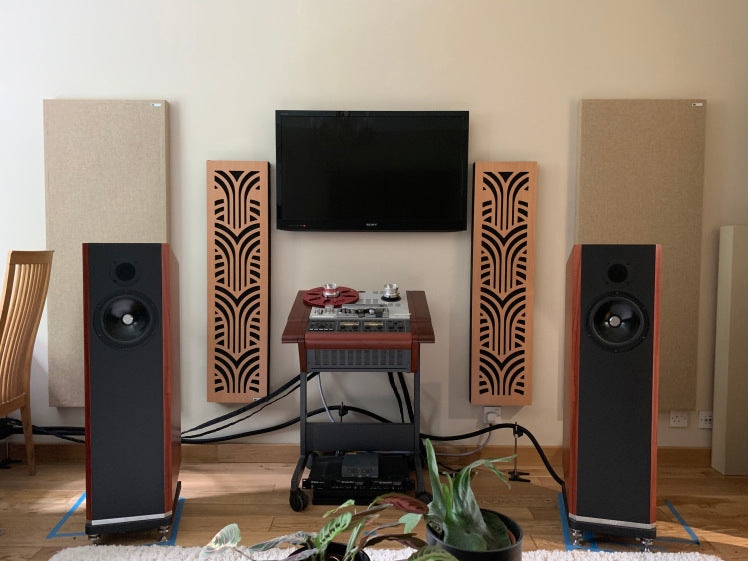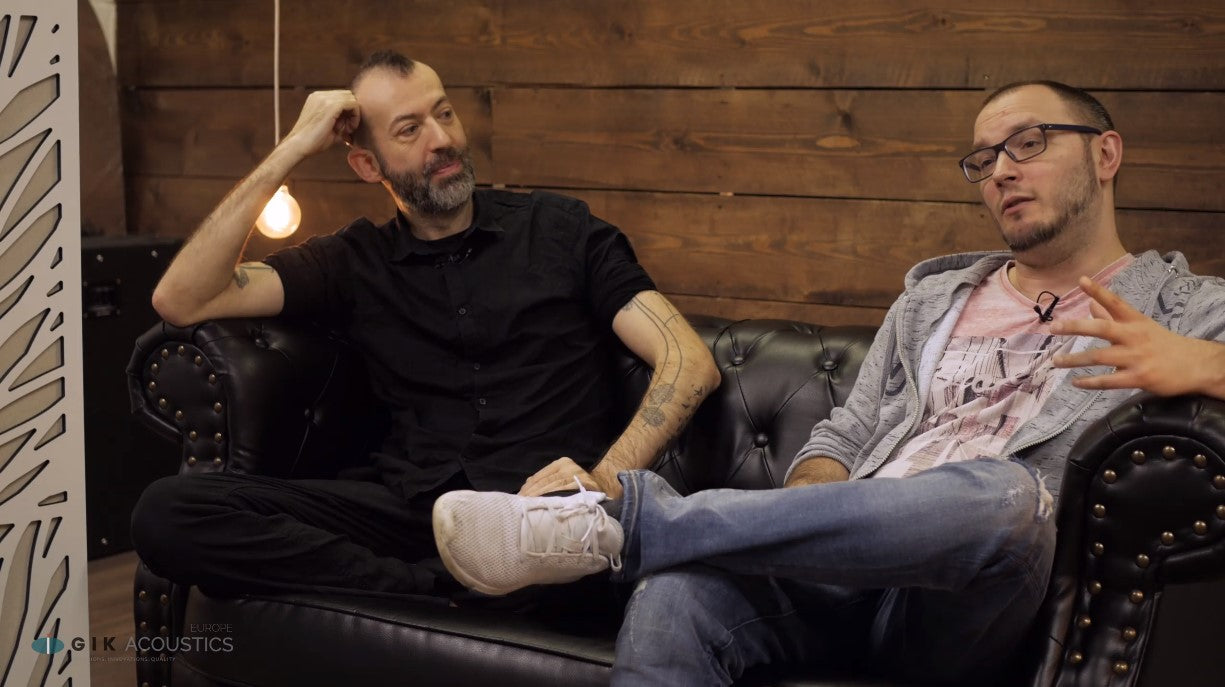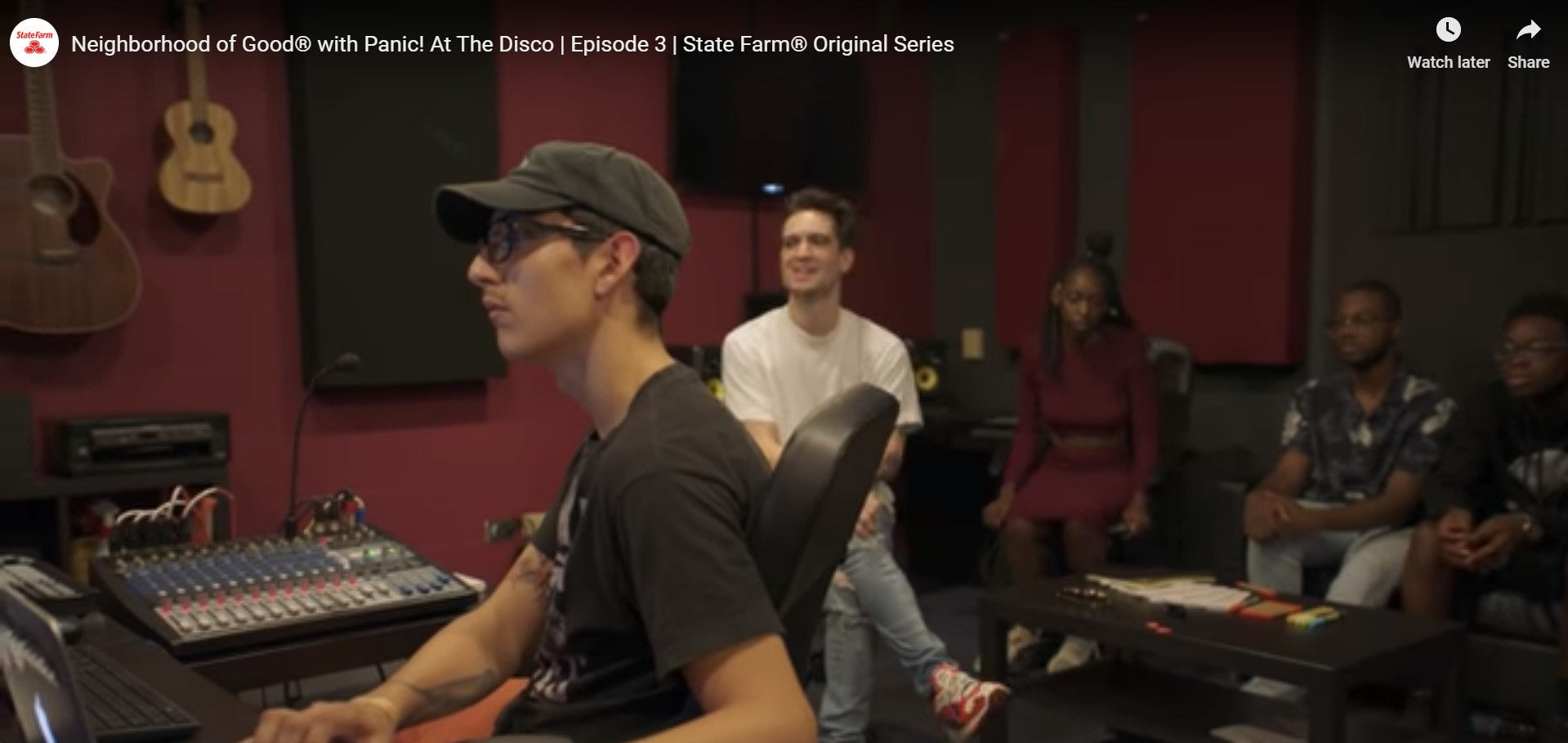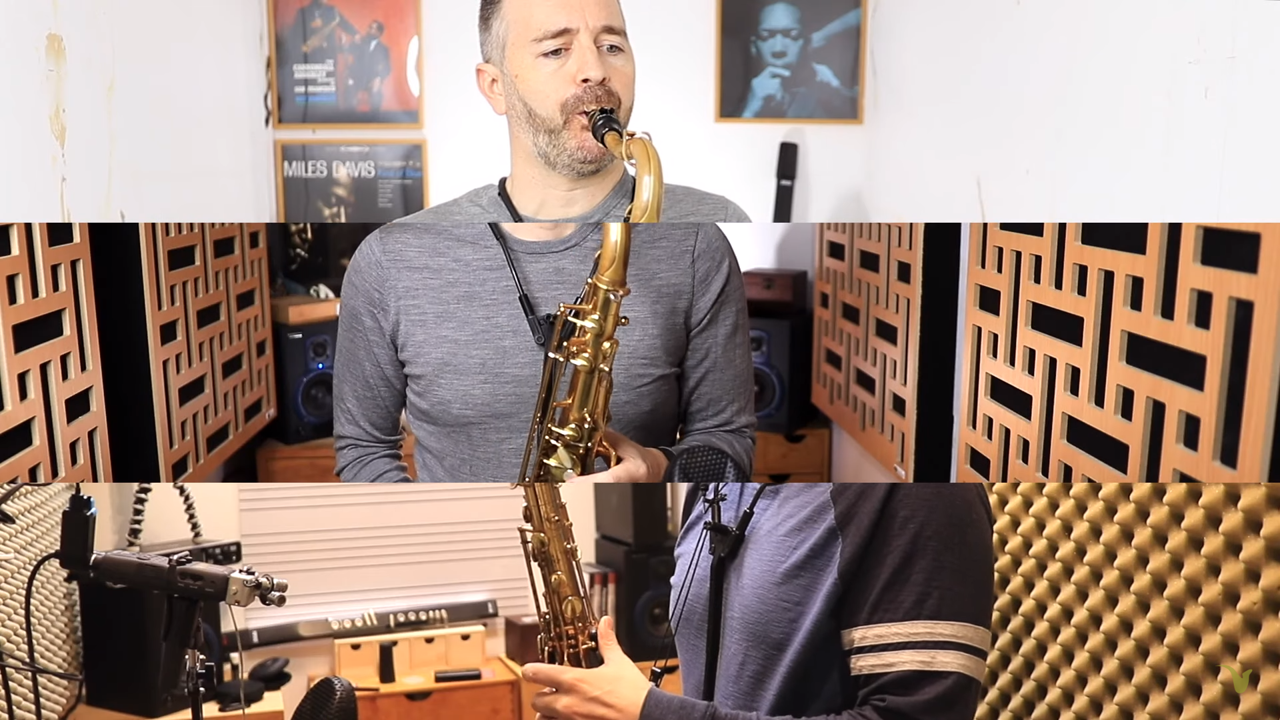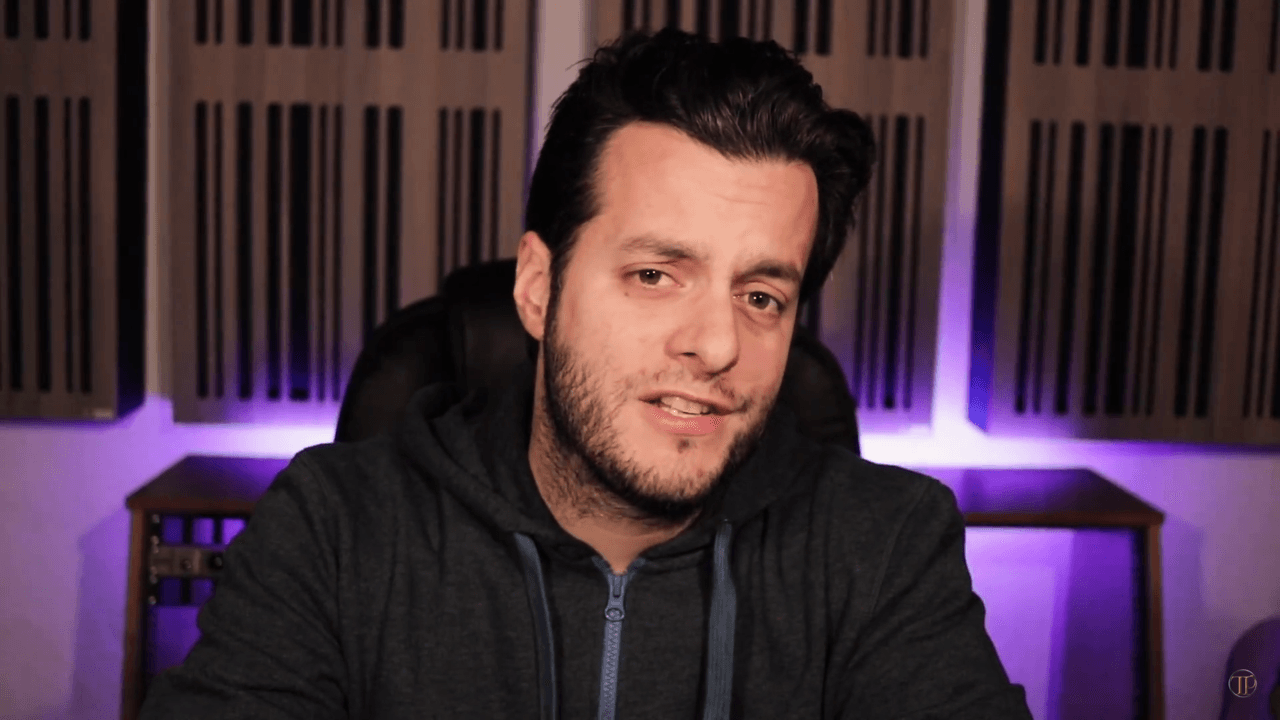Case Study: Designing a Next-Generation Mastering Room for Adam Ayan
Grammy-winning mastering engineer Adam Ayan partnered with GIK Acoustics to create a mastering room that surpasses the performance of his former space at Gateway Mastering. Using a fully modular system of 10" Sound Blocks, Soffit Bass Traps, and Q7D diffusers, the design achieved world-class acoustic precision without permanent construction. Detailed testing confirmed exceptionally smooth decay times, tight low-end control, and uniform frequency response across the spectrum. The result is a mastering-grade environment that’s not only technically superior but also flexible, scalable, and entirely shippable: a new benchmark for modern, high-performance studio design.
Home Mixing Studio with Jonathan Wyman
Neil Balfour - Before and After audio with the PIB
Interview: Mastering and Acoustics with Stephen Marsh
Audiophile Dave Denyer Talks Acoustics and Hifi
Guitarists Jon Gomm and Tom Quayle on GIK Acoustics
Notes for Notes State Farm and Panic At the Disco
Jay Metcalf, the Better Sax Guy, Improves Studio with GIK Acoustics Impression Series Panels
Producer Toni P Treats Home Studio with GIK Acoustics
